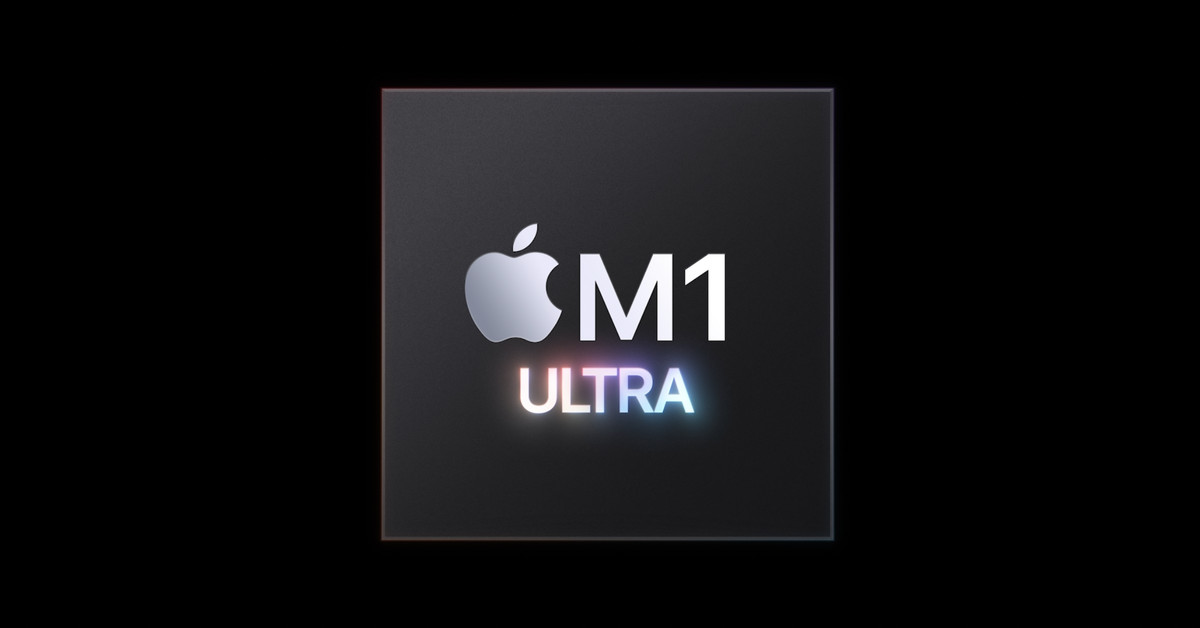The internet really is a series of tubes
Image: Alex Parkin / The VergeHundreds of cables. Hundreds of thousands of miles. The internet runs, in vastly more ways than we realize or think about, through a series of garden-hose size tubes on the ocean floor. Without those...
/cdn.vox-cdn.com/uploads/chorus_asset/file/25400534/VST_0416_Site.jpg)
/ On The Vergecast: the vast world of undersea cables and the maybe upgrade coming to your PC.
By David Pierce, editor-at-large and Vergecast co-host with over a decade of experience covering consumer tech. Previously, at Protocol, The Wall Street Journal, and Wired.
Apr 16, 2024, 2:21 PM UTC
If you buy something from a Verge link, Vox Media may earn a commission. See our ethics statement.
:format(webp)/cdn.vox-cdn.com/uploads/chorus_asset/file/25400534/VST_0416_Site.jpg)
Image: Alex Parkin / The Verge
Hundreds of cables. Hundreds of thousands of miles. The internet runs, in vastly more ways than we realize or think about, through a series of garden-hose size tubes on the ocean floor. Without those tubes, the modern world sort of collapses. And the folks responsible for keeping them functioning have bigger, harder, stranger jobs than you might think.
On this episode of The Vergecast, we talk to The Verge’s Josh Dzieza, who has been reporting on the undersea cable world and just published a feature about some of the folks who keep it running. It’s a story worthy of a high-seas action movie, and it’s all about cables.
Then, we chat with The Verge’s Tom Warren and Joanna Nelius about the new generation of PCs that Microsoft and others seem to think are going to be huge improvements over anything we’ve seen before. Can Qualcomm finally make the PC chip we’ve been waiting for? Is this really, actually, finally the year of Windows on Arm? What the heck is an AI PC? We cover all of that and more.
Lastly, Alex Cranz joins to help us answer a hotline question about e-readers. Because it’s always interesting times in e-readers.
If you want to know more about everything we discuss in this episode, here are a few links to get you started, beginning with Josh’s story on undersea cables:
And on AI PCs:
And on e-readers:

 FrankLin
FrankLin 































